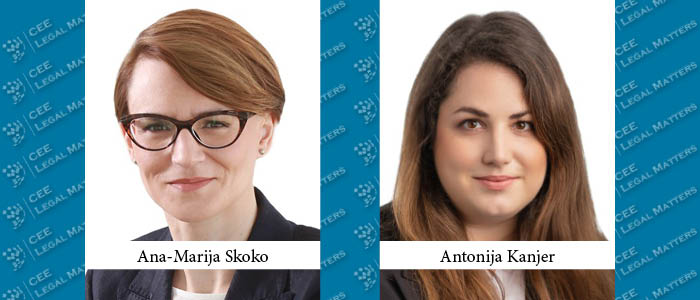Due to various historical reasons, a large percentage of undeveloped construction land in Croatia is still owned by the state. As a result, developers of (primarily greenfield) real estate projects have often had to go through a laborious and lengthy process to acquire construction land from the Republic of Croatia. Recent legislative changes could mark a decisive shift toward decentralization and a more efficient management system, potentially streamlining processes that were previously mired in bureaucratic complexities.
The recent Act on Management of Immovable and Movable Property Owned by the Republic of Croatia (Official Gazette of the Republic of Croatia, No. 155/2023; Zakon o upravljanju nekretninama i pokretninama u vlasnistvu Republike Hrvatske), in force from December 30, 2023, was adopted to address the long-standing issues related to the management of state-owned assets, including real estate.
The disposal of state properties, including undeveloped construction land, was previously under the exclusive authority of the increasingly understaffed Ministry of Spatial Planning, Construction, and State Property. In most cases, the acquisition of state property took several months, and sometimes even years. This led to situations where the development of a project area comprising, say, 100,000 square meters would effectively be put on hold due to the developer’s inability to acquire the title to, e.g., 100 square meters of state-owned construction land necessary to form a construction plot. We are referring to cases in which developers can acquire state property directly, without the need to participate in a public tender procedure (which is the general rule for the disposal of state-owned assets in Croatia).
The new act stipulates that the disposal of undeveloped construction land and buildings (together with the land necessary for the regular use of such buildings) is subject to the discretion of the ministry only if their value exceeds EUR 1 million. The disposal of properties valued at less than EUR 1 million falls under the authority of the counties, cities being the county centers, and large cities in whose area the property is located. The mayors or county mayors are authorized to adopt decisions on the disposal of property valued at up to EUR 130,000. For properties whose value exceeds the threshold, the disposal decision must be adopted by the city council or county assembly.
This means that in the majority of cases where developers need to acquire undeveloped construction land to complete a development area, developers will have to deal directly with one of the 46 local administrative departments rather than the ministry. This change is expected to facilitate a more agile and responsive state property management system.
In addition, 40% of the proceeds from the disposal of state-owned construction land and buildings will be allocated to the local authorities, thereby also facilitating the financial decentralization of state resources. The new act also provides for the establishment of a central state assets register, managed by the ministry, which should enable an up-to-date database of state property and requests for its disposal, intended to foster more efficient and secure management of state property.
It remains to be seen how the new legal framework will work in practice, especially because a significant portion of the work will be delegated to the local authorities, who potentially do not have sufficient staff to deal with these new tasks. However, it is reasonable to expect that local authorities will ensure that their processes do not obstruct the development of projects in their local area which could bring economic development, employment opportunities, and new investments, as well as additional income for the cities or municipalities through communal fees, especially in less developed areas of Croatia.
Therefore, we believe that the decentralization of authority and the introduction of more efficient management practices are likely to simplify the acquisition of state property in the long run, potentially shortening the timeframe for project development. Hopefully, further simplification of bureaucratic processes in the coming years will reduce the amount of red tape involved in the acquisition of state property, making Croatia even more attractive to potential investors.
By Ana-Marija Skoko, Partner, and Antonija Kanjer, Senior Associate, CMS
This article was originally published in Issue 11.2 of the CEE Legal Matters Magazine. If you would like to receive a hard copy of the magazine, you can subscribe here.















